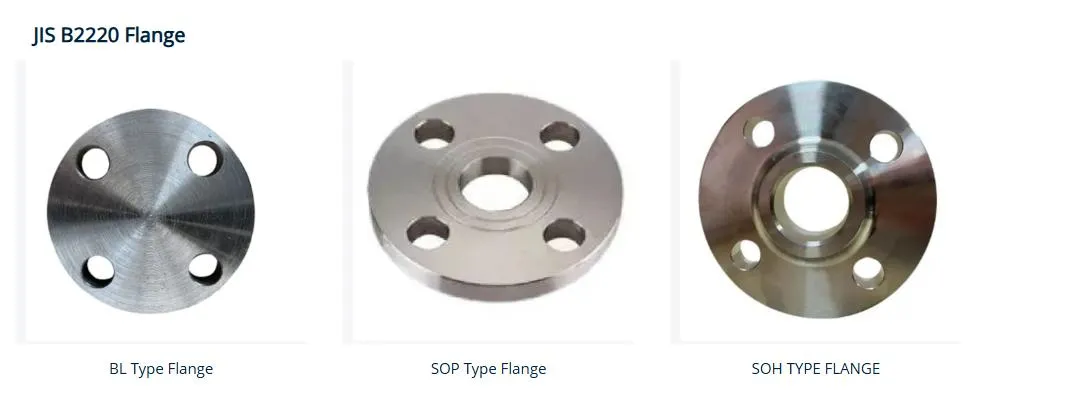-
Cangzhou Yulong Steel Co., Ltd.
-
Phone:
+86 13303177267 -
Email:
admin@ylsteelfittings.com
- English
- Arabic
- Italian
- Spanish
- Portuguese
- German
- kazakh
- Persian
- Greek
- French
- Russian
- Polish
- Thai
- Indonesian
- Vietnamese
- Zulu
- Korean
- Uzbek
- Hindi
- Serbian
- Malay
- Ukrainian
- Gujarati
- Haitian Creole
- hausa
- hawaiian
- Hebrew
- Miao
- Hungarian
- Icelandic
- igbo
- irish
- Japanese
- Javanese
- Kannada
- Khmer
- Rwandese
- Afrikaans
- Albanian
- Amharic
- Armenian
- Azerbaijani
- Basque
- Belarusian
- Bengali
- Bosnian
- Bulgarian
- Catalan
- Cebuano
- China
- China (Taiwan)
- Corsican
- Croatian
- Czech
- Danish
- Esperanto
- Estonian
- Finnish
- Frisian
- Galician
- Georgian
- Kurdish
- Kyrgyz
- Lao
- Latin
- Latvian
- Lithuanian
- Luxembourgish
- Macedonian
- Malgashi
- Malayalam
- Maltese
- Maori
- Marathi
- Mongolian
- Myanmar
- Nepali
- Norwegian
- Norwegian
- Occitan
- Pashto
- Dutch
- Punjabi
- Romanian
- Samoan
- Scottish Gaelic
- Sesotho
- Shona
- Sindhi
- Sinhala
- Slovak
- Slovenian
- Somali
- Sundanese
- Swahili
- Swedish
- Tagalog
- Tajik
- Tamil
- Tatar
- Telugu
- Turkish
- Turkmen
- Urdu
- Uighur
- Welsh
- Bantu
- Yiddish
- Yoruba

Dec . 14, 2024 10:09 Back to list
api 5l psl2 specification
Understanding the API 5L PSL2 Specification A Comprehensive Overview
The API 5L specification is a globally recognized standard developed by the American Petroleum Institute (API) for the construction of pipelines that transport oil and natural gas. This specification is crucial for the oil and gas industry as it ensures the quality and consistency of the pipes used in various applications. Among the different levels of the API 5L specification, PSL2 (Product Specification Level 2) is of paramount importance due to its rigorous quality requirements and broader applicability in challenging environments.
Background of API 5L
The API 5L specification was first introduced in 1926 and has since evolved through various revisions. It categorizes steel pipes based on their chemical composition and mechanical properties. The primary purpose of API 5L is to provide a framework for the manufacturing and quality requirements of large-diameter steel pipes, which are essential in transporting hydrocarbons over long distances.
What is PSL2?
PSL2 is one of the two product specification levels defined in API 5L, the other being PSL1. While PSL1 primarily focuses on the basic requirements for quality and composition, PSL2 introduces more stringent standards. This includes enhanced mechanical properties, improved toughness requirements, and stricter testing protocols. The objective of PSL2 is to ensure that the pipes can withstand the rigors of higher pressure, temperature, and corrosive environments.
Key Features of PSL2
1. Chemical Composition PSL2 pipes have specific limits on elements such as carbon, manganese, phosphorus, and sulfur. These limits are designed to enhance the steel's performance under stress and environmental conditions, preventing issues like cracking and corrosion.
2. Mechanical Properties PSL2 imposes higher standards for yield strength, tensile strength, and elongation. These properties are critical for ensuring that the pipeline can handle operational stresses without failure.
3. Charpy Impact Tests One of the defining tests for PSL2 pipes is the Charpy impact test, which evaluates the material's toughness in low-temperature environments. This is crucial for pipelines operating in cold climates or where temperature fluctuations are significant.
api 5l psl2 specification

4. Non-Destructive Testing (NDT) PSL2 requires thorough non-destructive testing to ensure the integrity of the pipeline. Techniques such as ultrasonic testing or radiographic inspection are employed to identify any internal defects that could compromise the pipeline's strength.
5. Pipeline Coating and Corrosion Protection Due to the harsh conditions often encountered in the transportation of oil and gas, PSL2 specifications include guidelines for protective coatings and cathodic protection systems to prevent corrosion.
Applications of PSL2
Pipes manufactured under the PSL2 classification are widely used in various applications, especially in offshore drilling and pipeline installations subject to high pressures and severe environmental challenges. Industries that commonly utilize PSL2 pipes include
- Oil and Gas Exploration Effective for transporting crude oil and natural gas from remote sites to processing facilities.
- Transportation of Industrial Fluids Ideal for carrying water, chemicals, and other substances that may be corrosive or hazardous.
- Long-distance Pipeline Projects Essential in infrastructure projects requiring pipelines capable of withstanding diverse geological and environmental conditions.
Conclusion
The API 5L PSL2 specification stands as a benchmark for quality and performance in the pipeline industry. Its comprehensive standards ensure that pipes can safely transport critical resources, minimizing the risks associated with defects or failures. As global energy demands grow and exploration ventures intensify in challenging locations, adherence to PSL2 becomes increasingly vital. By understanding and implementing the API 5L PSL2 standards, companies can contribute to safer and more efficient pipeline operations, paving the way for advancements in the energy sector.
Latest news
-
ANSI 150P SS304 SO FLANGE
NewsFeb.14,2025
-
ASTM A333GR6 STEEL PIPE
NewsJan.20,2025
-
ANSI B16.5 WELDING NECK FLANGE
NewsJan.15,2026
-
ANSI B16.5 SLIP-ON FLANGE
NewsApr.19,2024
-
SABS 1123 FLANGE
NewsJan.15,2025
-
DIN86044 PLATE FLANGE
NewsApr.19,2024
-
DIN2527 BLIND FLANGE
NewsApr.12,2024
-
JIS B2311 Butt-Welding Fittings LR/SR 45°/90° /180°Seamless/Weld
NewsApr.23,2024











